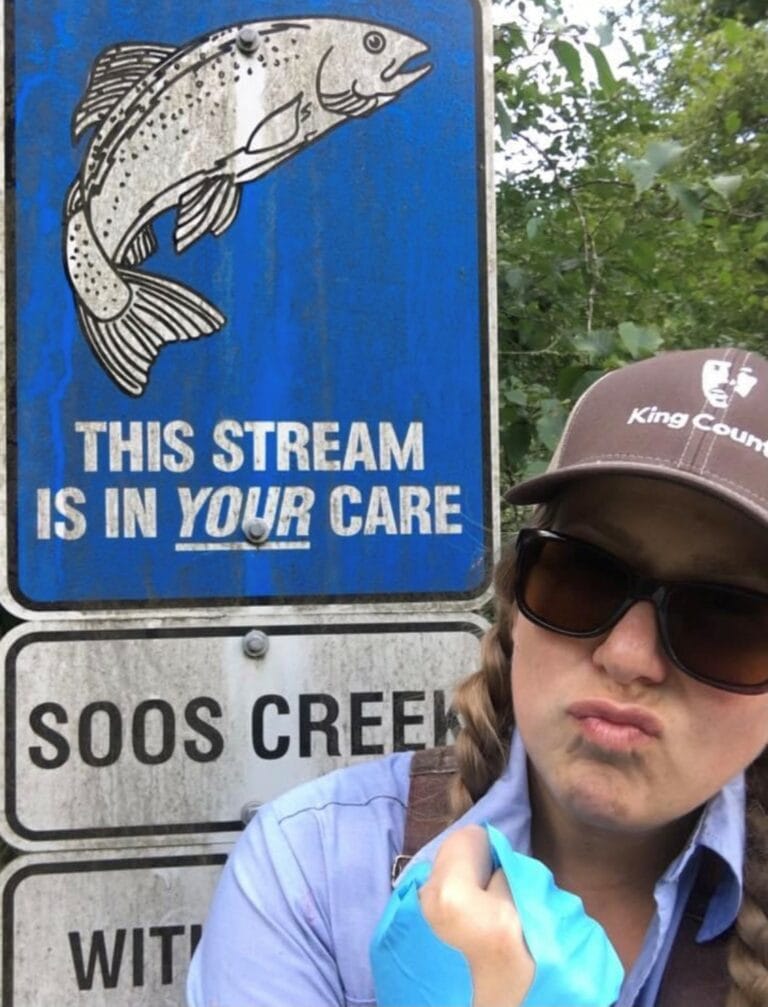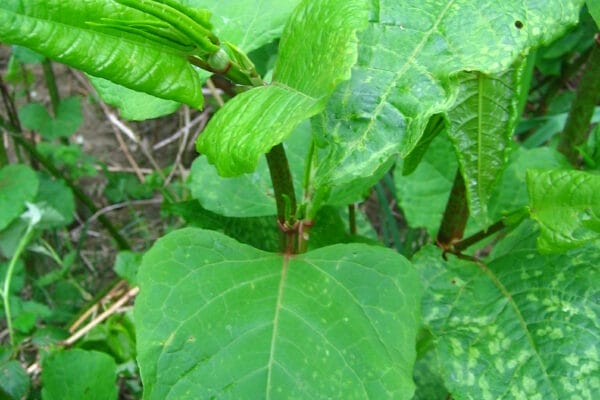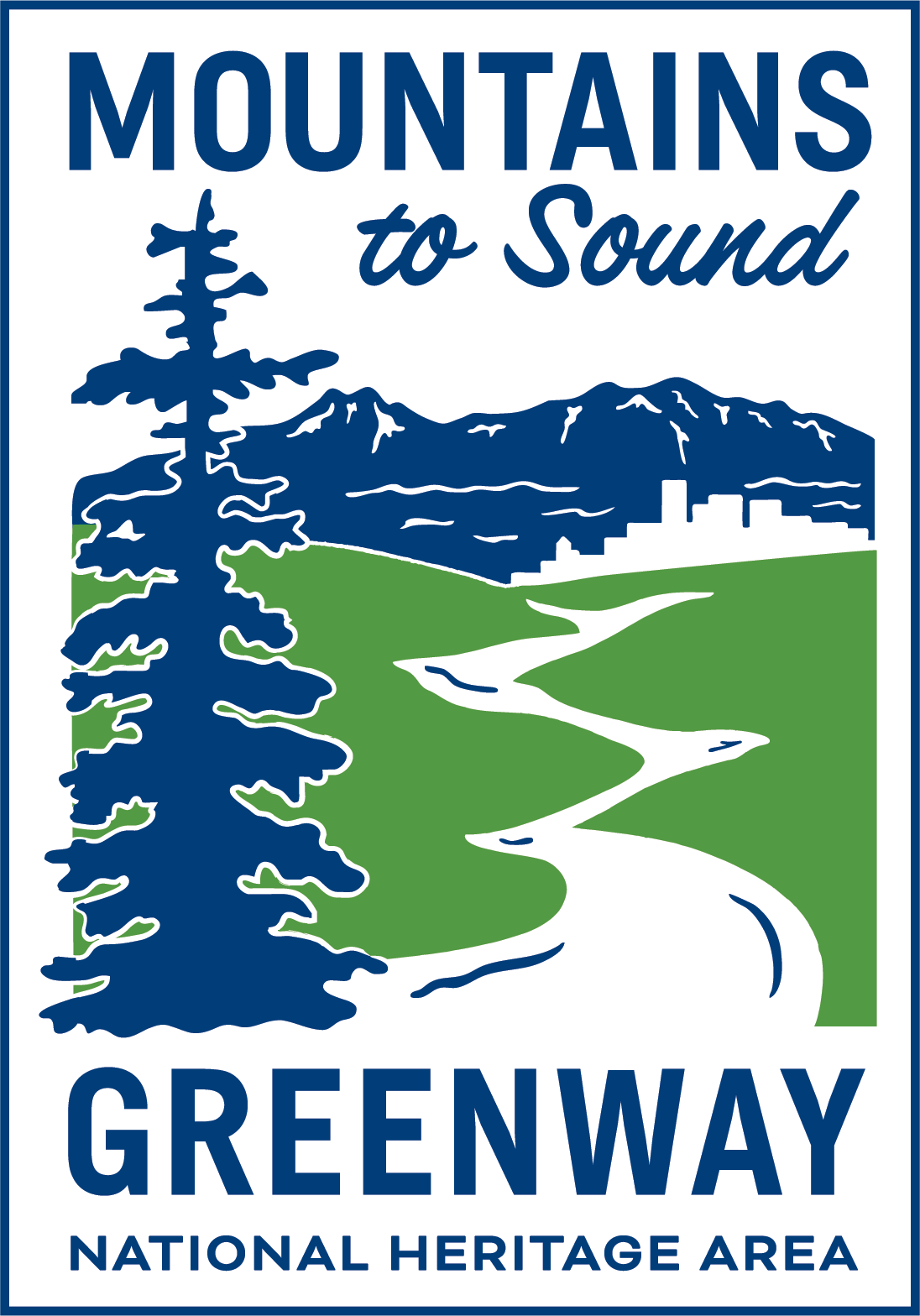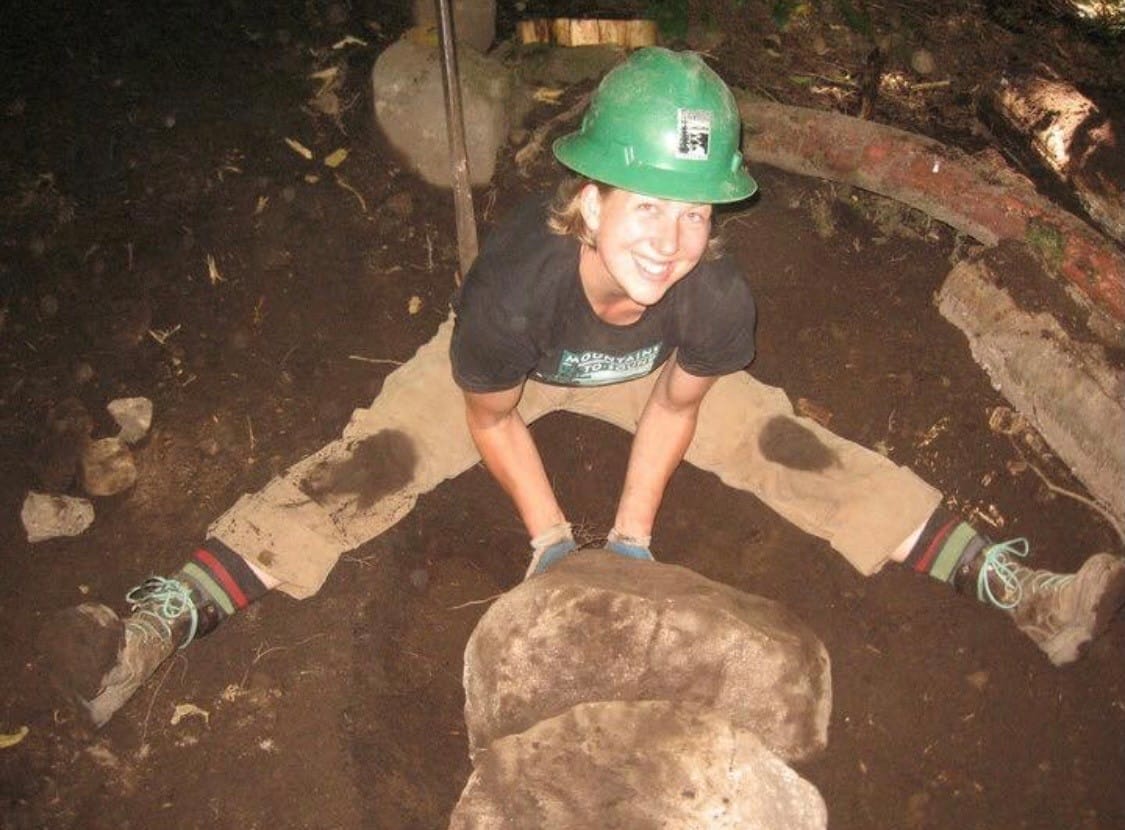Q&A: Sayward Glise, Former Greenway AmeriCorps Member
This is a profile of Sayward Glise, a former AmeriCorps member who served with the Greenway in 2010. Sayward is currently a Noxious Weed Control Specialist with the King County Noxious Weeds Program. Matt Butrim, former Greenway AmeriCorps member talked to her while she was out in the field, leading her crew as they looked for garlic mustard along the Cedar River in the summer of 2020. Here are some snippets of their conversation.
Matt: Can we begin with some background about what you do now, and what your current interests and career goals are?
Sayward: Definitely, well, if I’m going to start with that, I’ll just give you my little ditty about how AmeriCorps changed my life.
M: Sounds great, please go for it.
S: I went to school at the University of Washington for landscape architecture and graduated in 2008—right when the economy tanked. The year before I graduated, there was no better time to be a landscape architect, but right when I got out of school the job market was just dismal. I didn’t know how long the economic downturn would last, so I thought, well I’ll just stay in my college job, which was working in a bar.
That was great, quick hours, good money. The economic downturn was still pretty fresh, it’s got to be a lot worse for people to not go to bars. But I was working there and thinking man, this is a trap, I don’t want to get stuck here.

The way I was balancing things out, keeping things in perspective, was hiking all the time! You know, your classic Greenway hike. So I started to wonder, who’s building these trails? Who’s taking care of the places? I got an itch to take a look at some stewardship job boards to see who was hiring, even though things were pretty bleak. I saw an advertisement for work with the Greenway, and I thought, man, am I really going to leave my safety net and go do this thing? And then I thought, yeah, I need the change. This is an important service, I’ll definitely learn something new, and my intuition was just telling me I needed to do it.
A week into it, we were injecting knotweed along Issaquah Creek. Which is beastly. But even though it was tedious I just thought, this is it, I’m outside right now, this is where I’m supposed to be, on the river, doing restoration work.
I was a restoration technician the following year for the Greenway, then I went back to the bar, and then I was a crew leader for EarthCorps for my second go around in AmeriCorps. With EarthCorps we were partners with the King County Noxious Weed Control Program and I got to do knotweed control with them on the Cedar River. I was fortunate enough that they had an opening for a noxious weed technician and I got shortlisted for it and said hell yes. And then just kind of clung on for dear life until the job evolved from a seasonal to temporary to staff position, and now I’m the project lead for Cedar River knotweed control and Cedar River garlic mustard control.
It really was thanks to places like the Greenway giving me a place to come back to and continue to develop my skillset, and thanks to my now husband who was supporting me while I got that experience. And just kind of being in the right place at the right time, with good people, finding a niche and waiting for the right time, and just going for it!
M: You said that you came from the UW with the landscape architect degree—has any of that interest carried through?
S: Yeah for sure. I work with Forterra a lot, they are our partner on the Cedar, and they do a lot of native River Garden installations on people’s properties. So I still get to dream with people, help people see that vision. Like a little saskatoon right here would really set it off, just kind of thinking about making suggestions about planting. Noxious weed control and invasive plant management is not sexy restoration, but it is really important, so it’s nice to give folks a blank canvas, and have a little input on possibilities of what could be done with that canvas.
M: How about going forward, do you have any big goals that you’re aiming for?
S: I’m going to stick with noxious weeds for a while. It feels like where I can make the most impact, and King County is a great place to work, so even if I’m not doing noxious weeds I think I’ll probably stay with King County doing something river-centric, because I’m just really into the riparian work. I dunno, the river’s my place.

M: Do you think there’s anything that the Greenway could learn from you now after you’ve acquired all this experience?
S: I would rather ask what the Greenway could tell me now! Keep doing what you’re doing, because it seems to be a funnel for good people. The earth needs all the good people it can get, so being a springboard for people, getting folks stoked—whether it’s AmeriCorps or weekend warrior volunteers, it’s just crucial.
Interested in other past Greenway AmeriCorps adventures? Read more about Addie Candib here and Julia Munger here.





